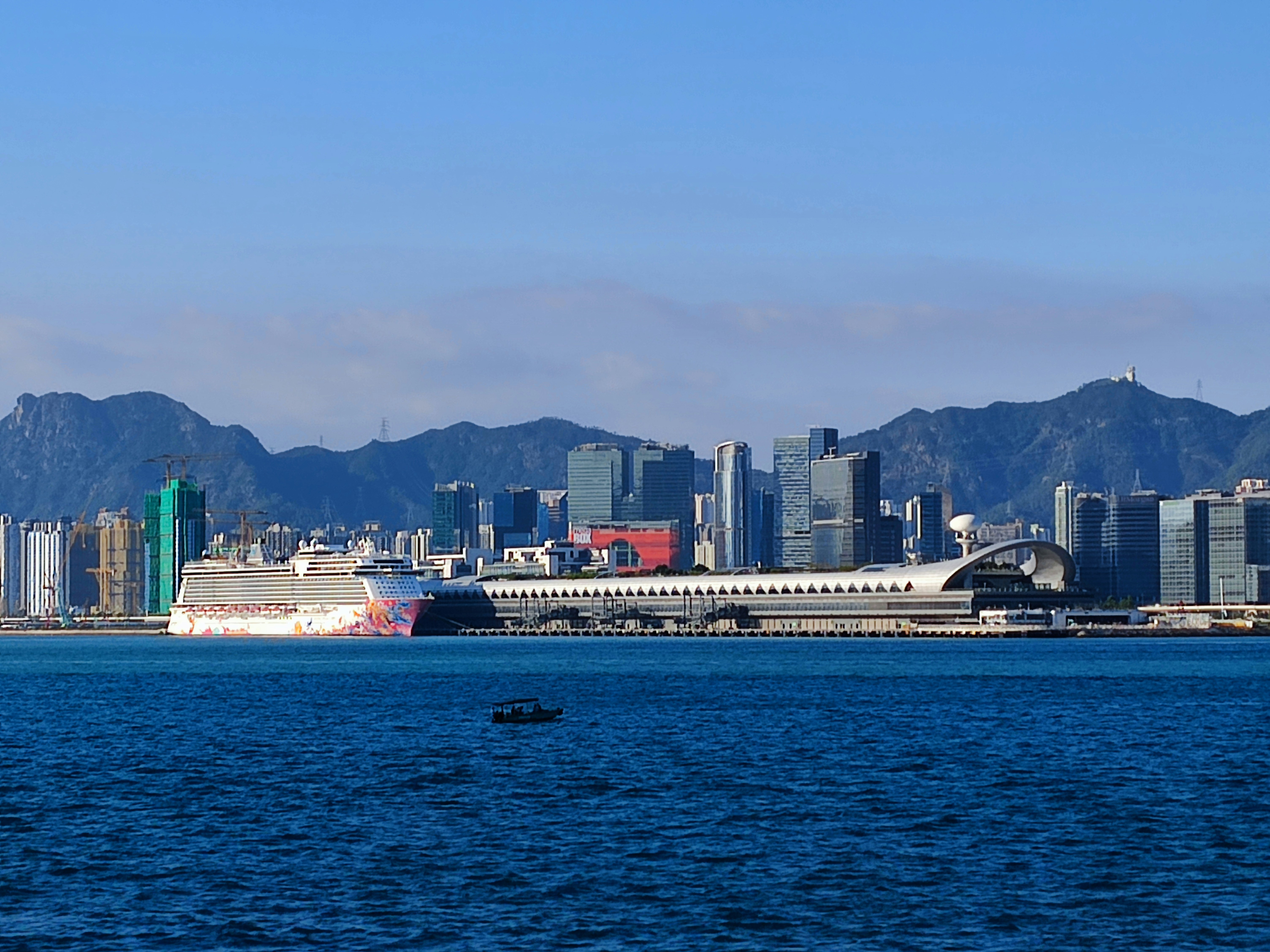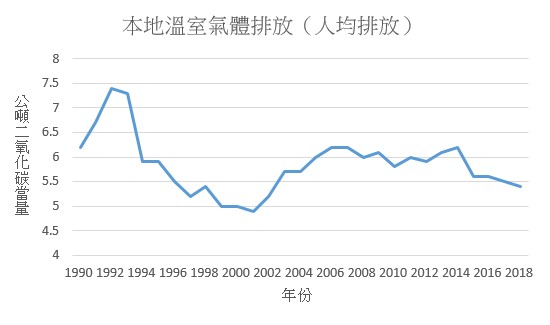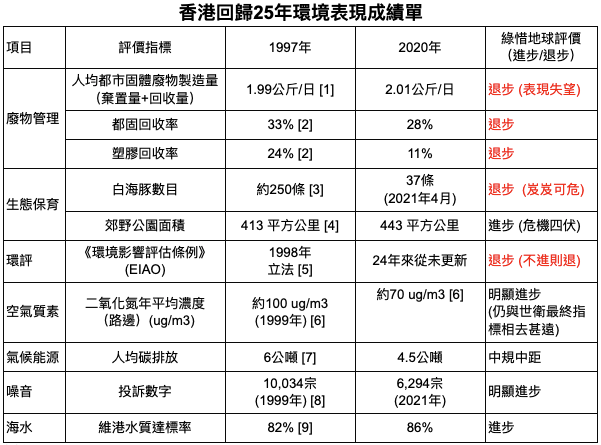Waste-Charging Delay: ‘Improved’ Legco Cares More About Votes Than The Environment

Pro-establishment lawmakers have pushed the government into taking another 18 months to implement the scheme
The government claims to have restored order in Legco, but the system doesn’t seem to be working effectively with regard to environmental goals
(09 Sep 2021 SCMP) After 16 years of repeated consultations and open- and closed-door deliberations, the waste charging bill has finally been approved by lawmakers mainly representing pro-government political parties. Absurdly, it did not come with an effective start date.
Merely relying on the waste charging legislation won’t work. But it won’t work, either, without the legislation. To achieve significant waste reduction, three more measures are required.
We must, first, expand food waste composting facilities, as well as ensure there’s a convenient collection network (food waste accounts for the largest share of municipal solid waste). Second, extend plastic waste collection services from the current three districts to all 18. And, third, beef up public education.
The legislation will not have the effect of reducing waste yet as neither households nor commercial entities are required to pay for waste disposal for at least 18 months, before the charging system is in place. This has now become the minimum, rather than the maximum, preparation time for the scheme.
There has already been plenty of research into the issue. Back in 2006, the Environmental Protection Department (EPD) launched a three-month trial of municipal waste charging in 20 public and private housing estates.
Since 2015, the Environment and Conservation Fund has provided funding to over 180 projects conducted by NGOs. The projects involved pilot waste charging schemes in residential and commercial buildings.
Since the fourth quarter of 2018, the EPD has also joined a wide range of organisations to trial waste charging in 100 villages, 150 public housing estates, 16 restaurants and two shopping malls.
With so many people and parties involved in all these pilot projects, the relevant stakeholders and government officials should have learned a lot and solved all of the problems highlighted by the trials. Why do we need another 18 months to get ready?
Apart from pushing the Environment Bureau to accept this unnecessary preparation period, legislators from the Democratic Alliance for the Betterment and Progress of Hong Kong, the largest pro-government political party, suggested providing everyone with a year’s worth of free designated rubbish bags when the legislation kicks in. Obviously, their wish to be seen as supporting waste reduction is just camouflage for another delaying tactic.
Are our lawmakers aware of the city’s shrinking recycling industry that desperately needs the waste charging legislation to take effect, to save operators from closing down? Economies elsewhere are actively promoting a circular economy to alleviate their waste problems.
When there is a definite timeline for the implementation of waste charging, many will then make investment plans for larger space and more sophisticated equipment to cope with the increase in recyclables, which will be sorted out from trash by households and commercial entities hoping to keep their waste disposal charges to a minimum.
The government says it considers environmental protection important. Unfortunately, the pro-government political parties have repeatedly demonstrated that they care a lot more about their votes rather than the environmental improvement of the city they serve.
This explains why the municipal solid waste charging bill has run into so many hurdles since the proposal was unveiled in 2005.
The government claims to have restored order in the Legislative Council. But the legislative system does not seem to be working effectively, at least with regard to environmental goals.
To get the system back on track for the environment, the government should engage a credible neutral party to conduct annual assessments of legislators’ questions and support for policies brought up for consideration, and make public the results.
This would constitute a voting record similar to that in the United States, enabling voters to know where legislators really stand on issues.
The environment is creeping up the list of voter concerns, however. It is no longer plausible to consider the public to be unsupportive of appropriate environmental regulation.
Carrie Lam Cheng Yuet-ngor’s administration should ensure the city’s is safe from all environmental threats by correcting the wrongs of the legislative system.
Edwin Lau
Executive Director, The Green Earth
09 Sep 2021 SCMP


 綠惜講座
綠惜講座

 2021-09-09
2021-09-09
 返回
返回
 2025-12-01
2025-12-01



